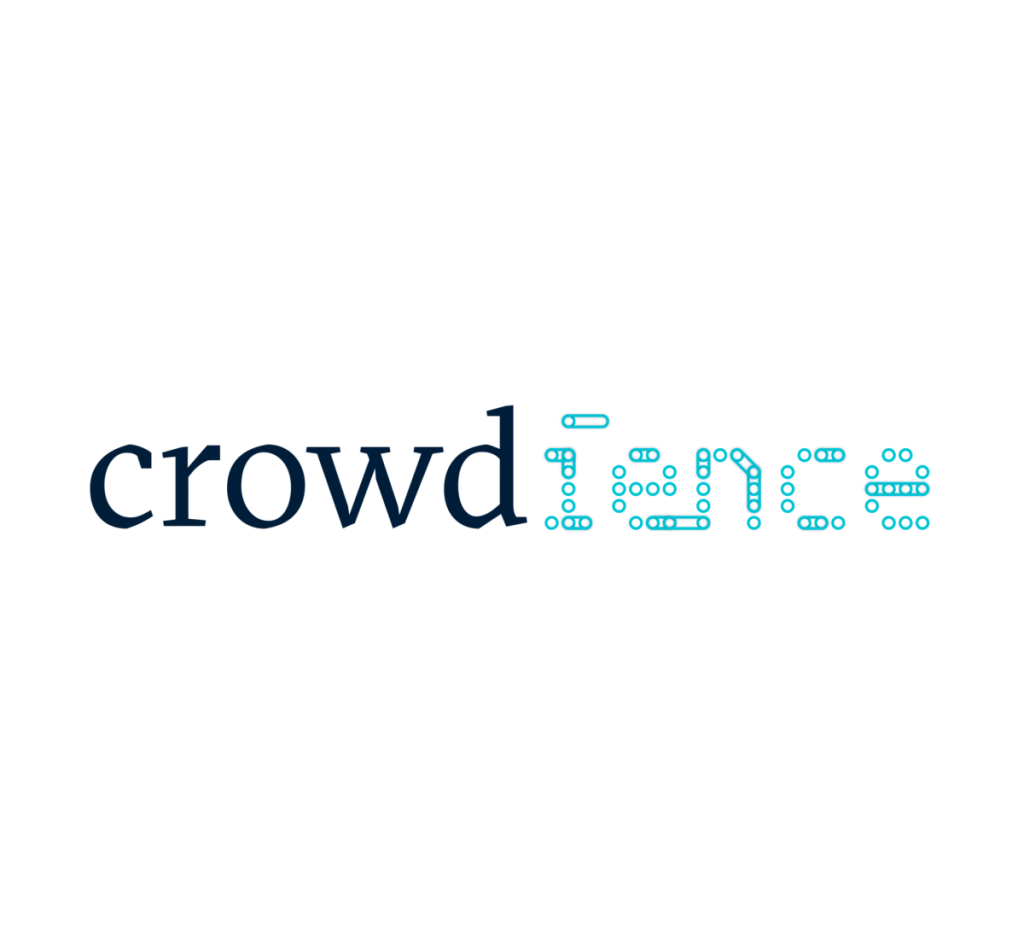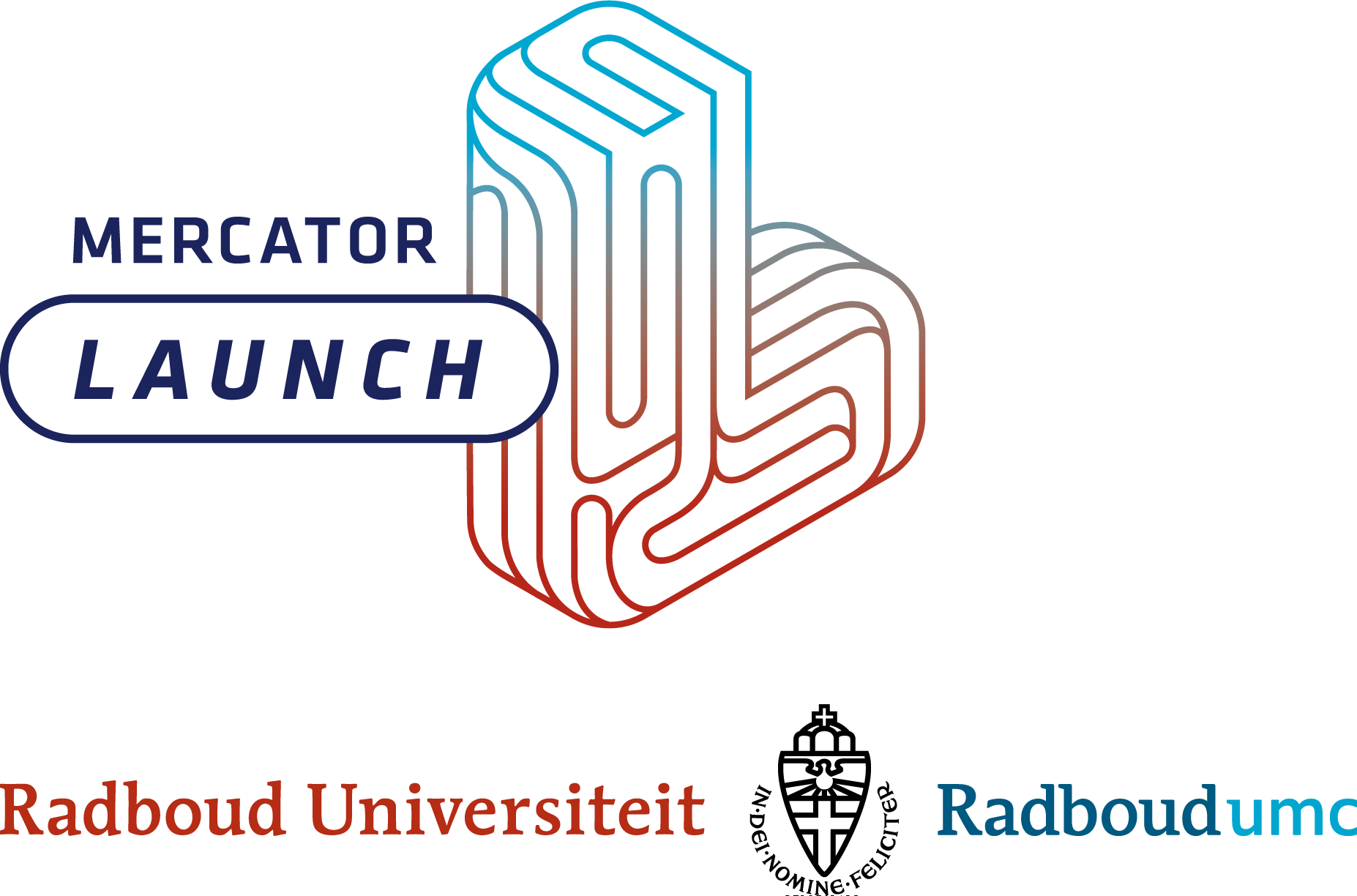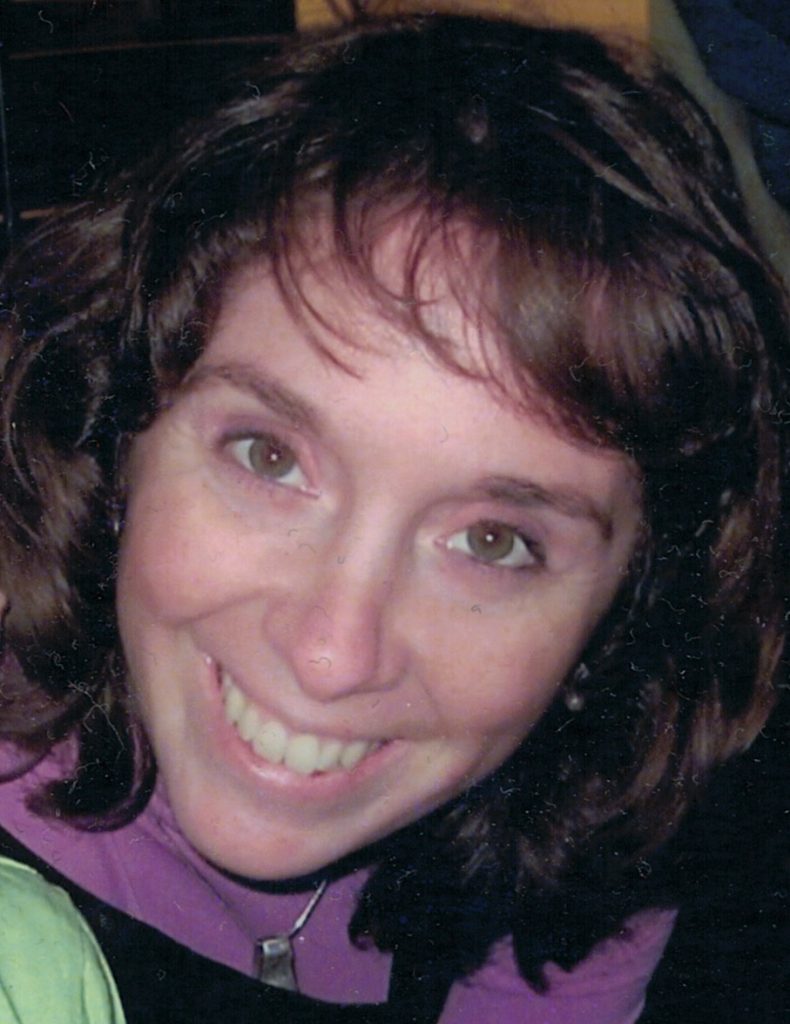
By Kirsten Bevelander, Scientific Researcher Public Health & Citizen Science
Today is an exciting day. We’re going to launch the first project on our new and improved scientific crowdsourcing platform. The last six months we worked really hard to ensure digital inclusion for low literacy people and people with an Intellectual Disability on our platform. Researchers from Radboudumc and funding from the SIDN Fund helped us reach this major milestone for our platform. We followed the ideas and suggestions of our co-designers with an Intellectual Disability and we even changed the name of the platform from ‘Crowdience’ to ‘Ik onderzoek mee’.
Our platform ‘Ik onderzoek mee’ is used to crowdsource knowledge from the average person and give them a voice in scientific research. On the platform they share ideas and experiences and respond to each other’s suggestions, which is then used in (follow-up) research.
Back to my day today. As soon as I wake up, I check my e-mail to find a message from our software developer. We have some final bugs in the platform that have to be solved before the first participants start this afternoon. I reply quickly and go downstairs to have breakfast. While having breakfast, I start to think about how this project revealed additional demand and market potential.
For the project that we are launching today, the national survey on how people perceive the corona crisis and are responding to it has been shortened and simplified together with people with Intellectual Disability and low literacy skills. A very user-friendly platform was needed to ensure that they too could participate in the study. That’s why they came to us. Although ‘Ik onderzoek mee’ was initially not intended to be a survey tool for people with special needs, it can be turned into one when needed. And this has a huge business potential for us. So, we decided to change and expand our initial business plan. Flexible and user-friendly functionalities make our platform unique and distinguish us from other commercial survey and crowdsourcing tools.
Later in the day, I share these thoughts during one of my morning meetings and explain the unique features that ‘Ik onderzoek mee’ has, as opposed to other crowdsourcing platforms. We start talking about Intellectual Property Rights (IPR) and if we should protect these features. We automatically get a copyright on our software, but we are not sure if the combination of elements, for scientific purposes, can or should be protected. IPR are necessary if we want to prevent others from wrongly benefitting from our ideas. But no matter how hard I think about it, I just can´t find anything wrong with other people copying our features to create other websites, tools or applications to make them accessible for vulnerable people and involve them in research. So, for us it doesn´t feel necessary to register IPR. The more tools vulnerable people can use, the better! More importantly, the aim of the Crowdience Foundation is to further develop our platform together with the scientific community and citizens. So, other researchers and citizens can contribute to the development and built new platform functionalities which will be available for the benefit of all users. Therefore, registering IP feels needlessly complex and useless and does not fit the aims of our business.
In the afternoon, I hear that the bugs have been resolved just in time! I am relieved and happy that our platform is ready and can be used by clients, their coaches and caretakers! With a smile, I quickly dive into my last (online) meeting of the day…
Want to be updated about ‘Ik onderzoek mee’ and the Crowdience Foundation? Go to their website and subscribe to their channels!
Discuss IPR at Mercator Launch


